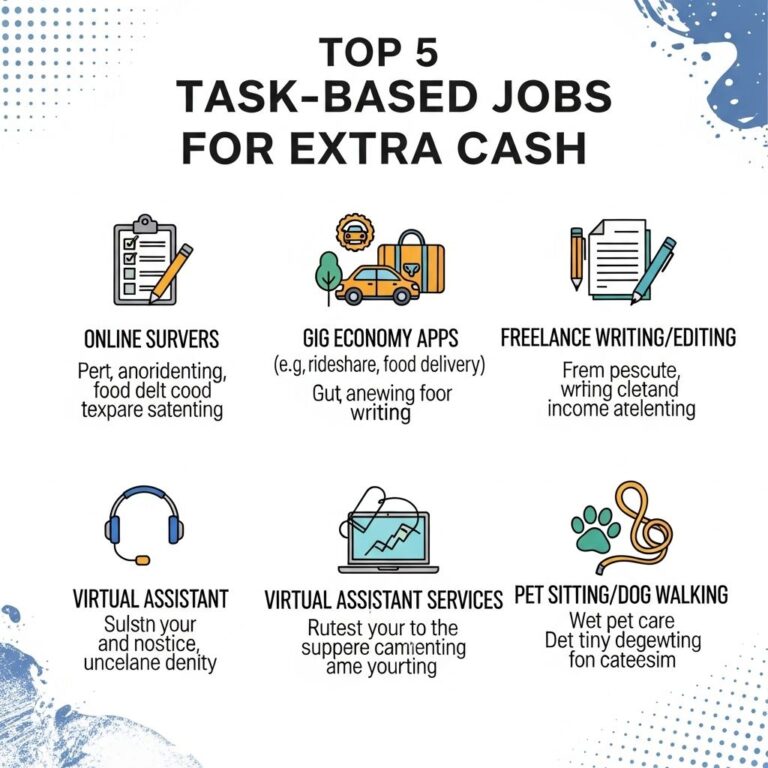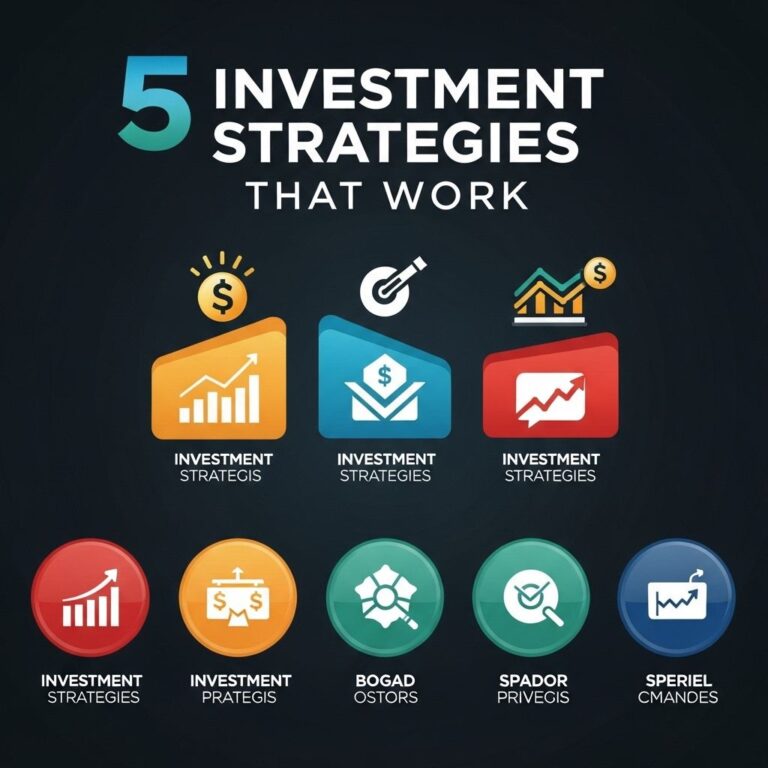In today’s fast-paced digital world, the ability to harness advanced technologies can significantly influence investment strategies and decision-making processes. One such technology that has gained immense traction is ChatGPT, an AI-driven conversational agent. Whether you’re a seasoned investor or a newcomer to the financial markets, understanding how to leverage ChatGPT can help you stay ahead of trends, analyze data efficiently, and make informed investment decisions. This article explores various ways to utilize ChatGPT effectively for enhancing investor interest and optimizing investment strategies.
Table of Contents
Understanding ChatGPT
ChatGPT is an advanced language model developed by OpenAI. It utilizes deep learning techniques to engage in conversations, generate text, and answer queries in a human-like manner. For investors, the application of ChatGPT ranges from answering specific investment questions to providing market analyses. It’s like having a knowledgeable assistant available 24/7.
Key Features of ChatGPT
- Natural Language Processing: Capable of understanding and generating human-like text.
- Data Analysis: Can process and summarize large volumes of information quickly.
- Personalized Responses: Tailors advice and insights based on user queries.
- Accessibility: Available on various platforms, making it easy to use.
Utilizing ChatGPT for Market Research
Market research is a crucial part of the investment process. ChatGPT can assist in gathering and synthesizing market data efficiently.
Steps to Conduct Market Research Using ChatGPT
- Define Your Objectives: Clearly outline what market information you seek—be it sector trends, company performance, or economic indicators.
- Ask Specific Questions: Utilize targeted inquiries to obtain precise information. For example, “What are the latest trends in renewable energy investments?”
- Request Summaries: After receiving information, you can ask ChatGPT to summarize key points for better understanding.
- Explore Comparisons: Use comparisons for stocks, sectors, or economic conditions by asking questions such as “How does Company A compare to Company B in terms of growth?”
Analyzing Investment Opportunities
Investors must evaluate potential opportunities diligently. ChatGPT can help by providing insights and analyses based on user prompts.
How to Analyze Investment Opportunities with ChatGPT
- Investment Criteria: Define the parameters for your investment (e.g., risk tolerance, expected returns).
- Generate Investment Ideas: Ask ChatGPT for suggestions based on your defined criteria.
- Financial Metrics Analysis: Inquire about specific financial ratios, such as P/E ratio, ROI, etc., and their implications.
- Market Sentiment: Request information on current market sentiment regarding specific stocks or sectors.
Enhancing Portfolio Management
Once investments are made, managing a portfolio effectively is critical. ChatGPT can provide ongoing support in this area:
Strategies for Portfolio Management
| Strategy | Description |
|---|---|
| Diversification | Investing in a range of assets to reduce risk. |
| Regular Rebalancing | Adjusting the portfolio periodically to maintain desired asset allocation. |
| Performance Monitoring | Tracking portfolio performance against benchmarks and making adjustments as needed. |
| Risk Assessment | Evaluating the risk level of your portfolio and individual investments. |
Building Investor Confidence with ChatGPT
For many investors, confidence in their decisions can be bolstered through informed knowledge. ChatGPT can be an invaluable asset in this respect.
Ways to Build Confidence
- Continuous Learning: Ask ChatGPT to provide educational resources, articles, or summaries on investment principles.
- Scenario Analysis: Use ChatGPT to explore ‘what-if’ scenarios for different investment decisions.
- Feedback on Strategies: Discuss your investment strategy with ChatGPT and ask for critique and suggestions.
Risks and Limitations of Using ChatGPT
While ChatGPT is a powerful tool, investors should be aware of its limitations:
Potential Risks
- Data Accuracy: The information provided by ChatGPT may not always be up-to-date or accurate. Always cross-check with reliable financial sources.
- Over-reliance: Investors should avoid becoming overly reliant on AI for decision-making. Combining human insight with AI support is essential.
- Market Volatility: AI cannot predict sudden market changes or unforeseen events; hence, use it as a supplementary tool rather than the sole basis for decisions.
Conclusion
Incorporating ChatGPT into your investment strategy can significantly streamline processes, enhance research capabilities, and improve decision-making. By utilizing its features for market analysis, investment opportunity assessments, and portfolio management, investors can not only save time but also gain deeper insights. Remember to balance the use of ChatGPT with traditional research methods and human intuition to maximize your investment success. As technology continues to evolve, leveraging these tools will be essential for staying competitive in the financial landscape.
FAQ
What is ChatGPT and how can it help investors?
ChatGPT is an AI language model that can assist investors by providing insights, answering queries, and generating investment-related content.
Can ChatGPT analyze market trends for investors?
While ChatGPT can summarize market trends and provide general information, it is not a substitute for professional financial analysis.
How can investors use ChatGPT to improve their research?
Investors can use ChatGPT to gather information, explore investment strategies, and understand complex financial concepts quickly.
Is ChatGPT suitable for all types of investors?
Yes, ChatGPT can be useful for both novice and experienced investors looking for information and insights.
Can I use ChatGPT to generate investment reports?
Yes, ChatGPT can help draft investment reports, summaries, and presentations based on provided data and insights.
What are the limitations of using ChatGPT for investment decisions?
ChatGPT should not be relied upon for personalized financial advice or real-time market data; it’s best used as a supplementary tool.









